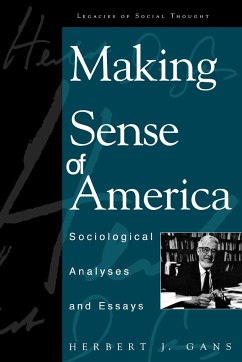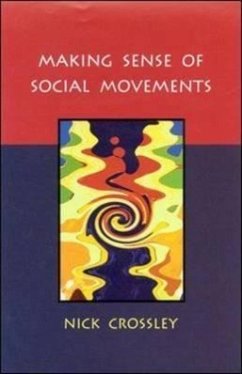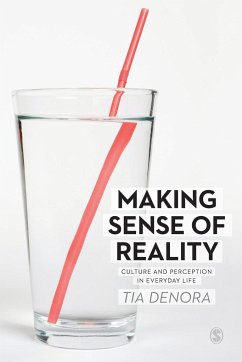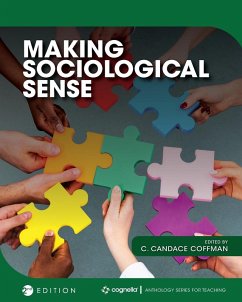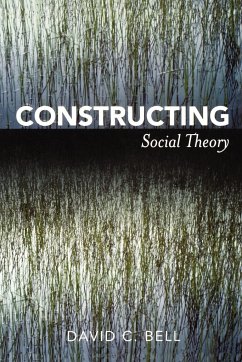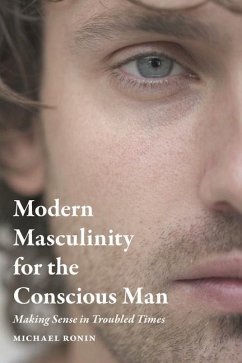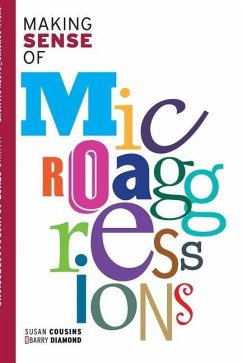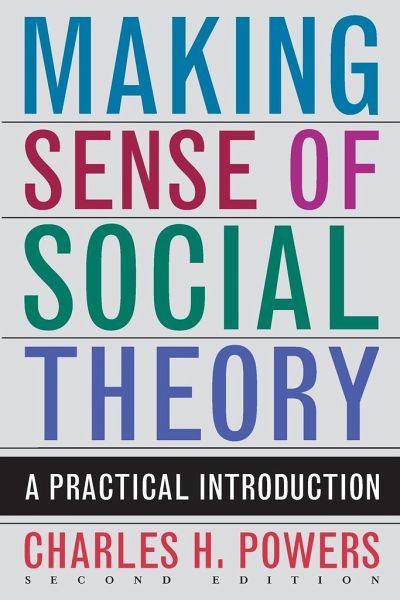
Making Sense of Social Theory

PAYBACK Punkte
30 °P sammeln!
Making Sense of Social Theory is unusual in treating sociology as a real science with a body of understandable, robust, and powerful theoretical insights. These theoretical insights are formalized in twelve simple axioms and twenty-three more detailed principles readers can use to predict (1) differences among people in how they think, feel, and respond, (b) changes in the structure, culture, and effectiveness of organizations, and (c) trends in societal values, conflict, and priorities.





